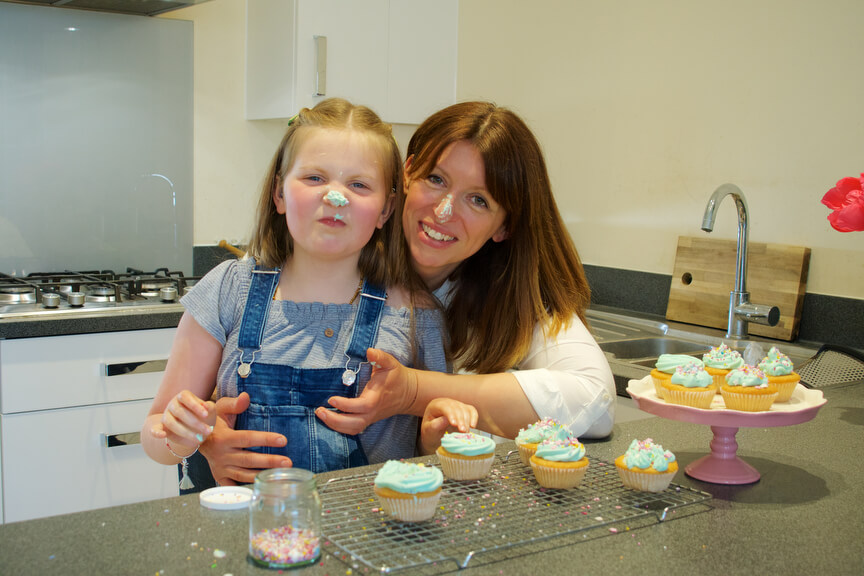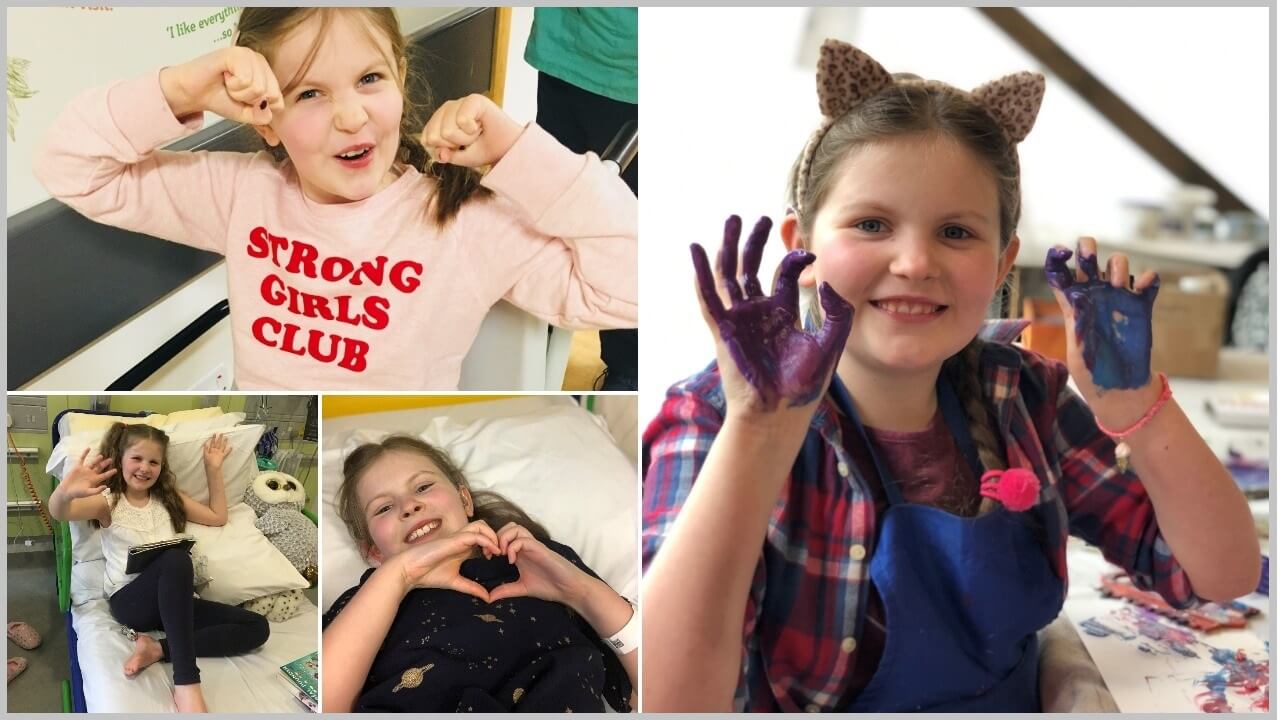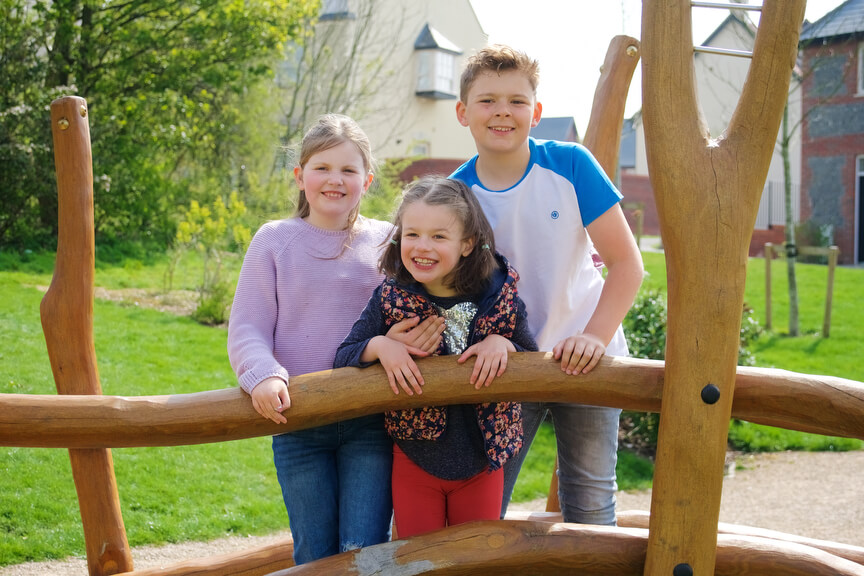Matilda is a vibrant and creative little girl with a sunshiny personality, says her mum Georgina: “She’s full of laughter. But she is also incredibly stoic and strong.” These are qualities that the whole family needs, because sadly Matilda has the very rare neurodegenerative disease Niemann-Pick disease type C (NPC).

The shattering diagnosis came when Matilda was just five. Georgina and her husband John had noticed that their little girl frequently fell down like a puppet with its strings cut, injuring herself. Medical investigations followed and the devastating genetic disorder was discovered.
Our world crumpled when the doctor said, 'I'm so sorry'.
Children with NPC develop major problems coordinating movements such as walking, their vision can be impaired, and their intellectual abilities decline. Treatments are currently very limited, there is no cure and many do not survive into adulthood.
The family felt overwhelmed by anger and fear: “It really affected Matilda’s mental health – being different, the only one in her world with NPC. One minute she was a regular kid in her class, the next she was having frequent hospital appointments,” Georgina says.
Treatment has been gruelling, with Matilda enduring a lumbar puncture every two weeks to administer drugs as part of a clinical trial.

We decided at the outset to fight NPC. We were not going to just sit back and let it happen.
Although Matilda’s symptoms are relatively mild compared to others with the condition, sadly her sight is affected and she has memory and cognitive impairment.
Helping Matilda understand her condition and her treatment has been a heartbreaking challenge but Georgina and John are incredibly proud of how their young daughter has dealt with all that has happened to her: “She has astonished us all. She is our little fighter.”
Action Medical Research co-funded research, supporting important laboratory tests at the University of Oxford, to find out if an existing drug, already used to treat multiple sclerosis (MS), could be re-purposed as an effective new treatment for NPC, alone or in combination with an existing medicine used to treat NPC.

This collaboration is really, really important because everybody in the NPC community has the same goal – we all want a better life and a future for our children.



